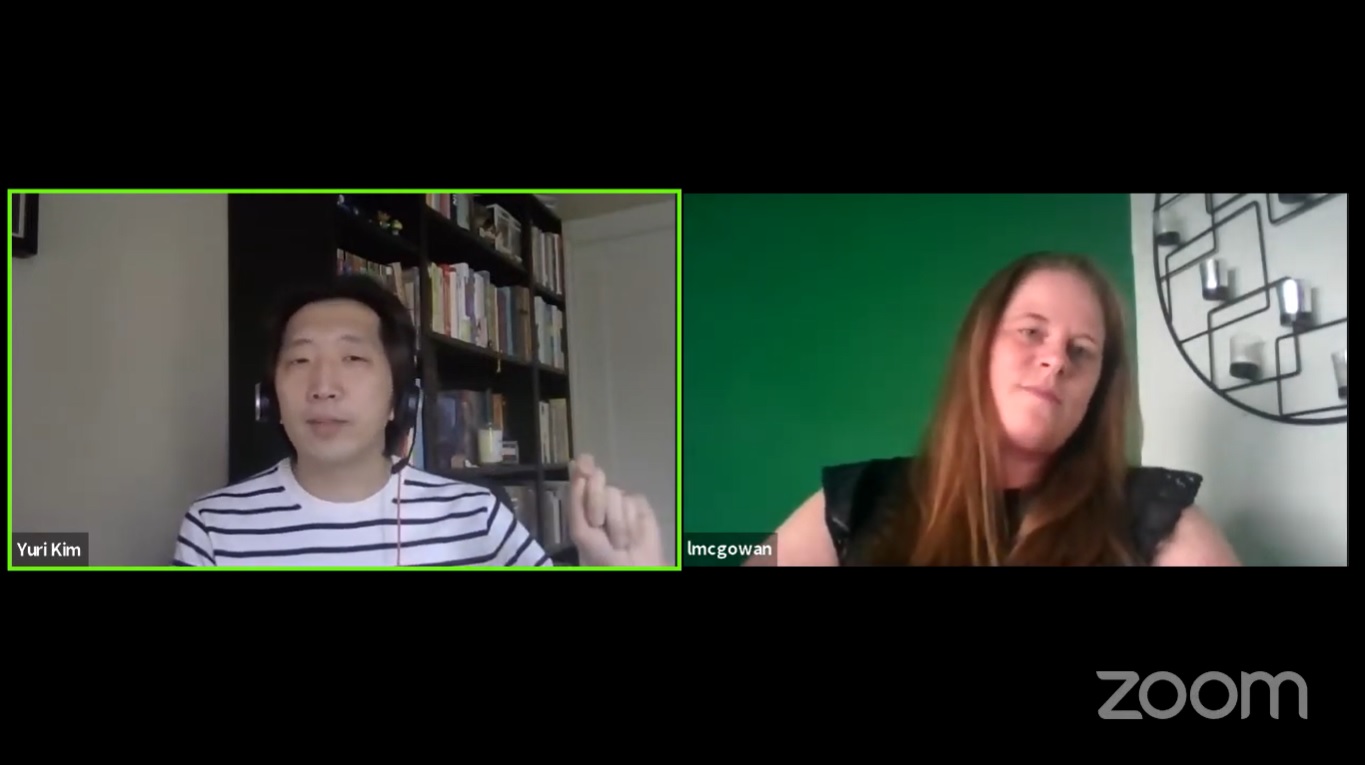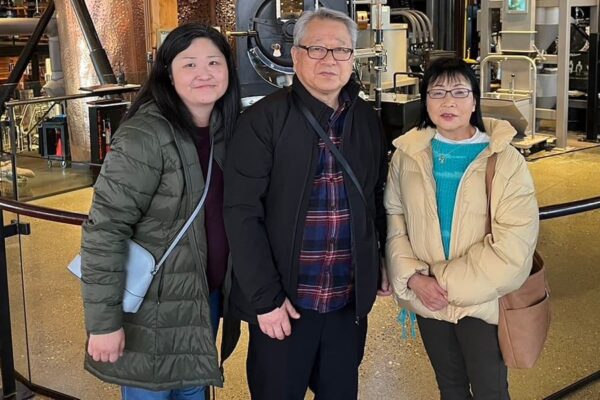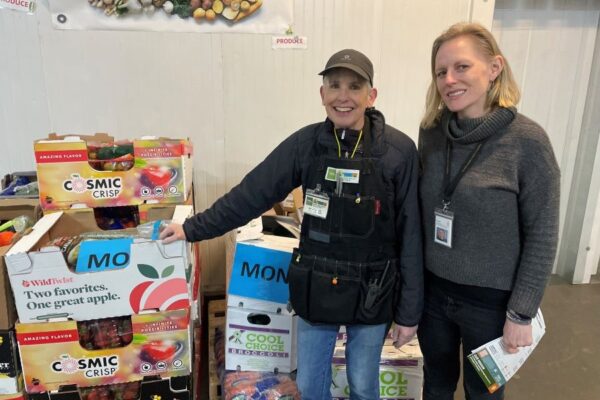Food Insecurity During a Pandemic and Global Unrest
Hunger was a crisis that affected the our region before the COVID-19 pandemic began, particularly for people of color, who are disproportionally affected by poverty, homelessness and access to other basic human needs. The fight and protests for racial justice in the wake of the George Floyd killing by law enforcement in Minneapolis and the coronavirus outbreak have shone a light on just how deep the racial divisions are.
The most recent United Way of King County livestream update on COVID-19 focused on the increase in hunger insecurity because of the pandemic. It took place amid national and international protests in support of racial justice and police reform and accountability.
Yuri Kim, board chair at the Hunger Intervention Program, spoke with Lauren McGowan, United Way’s senior director for ending homelessness and poverty, about how hunger insecurity is a pervasive, racist issue in our region.
Kim’s organization focuses on increasing food security in North King County by serving nutritious, culturally appropriate meals to underserved populations in that area.
“Food is an issue of race. Food is an issue of disproportionality. The reason that we exist is because there’s not equitable access to food and resources in our community.”
Yuri kim
“Food is an issue of race. Food is an issue of disproportionality,” Kim said. “The reason that we exist is because there is not equitable access to food and resources in our community.”
McGowan echoed Kim’s sentiment.
“We’re seeing the incredible impact of the legacy of racism, violence on our Black and brown brothers and sisters,” McGowan said. “And, yet, we know so many of our communities of color, particularly African Americans, are facing poverty, are struggling with homelessness and food insecurity because of the same challenging racist systems that we have.”
“We’re trying to do our part and our best to address that, while recognizing that there are systemic pieces in place that make it challenging to get folks access to food,” Kim said.
The pandemic worsened the food insecurity because of the recession that has followed. Kim said HIP was serving 100 meals per day before the pandemic, and that number has gone up to 150.
“We went from having a really strong economy, where, despite having a strong economy, we still had people out of work, financially insecure and food insecure,” Kim said. “So, the situation is worse. When you see the news, you see the amount of need—lines at food banks out the door.”
The Importance of Advocacy
While he acknowledged the importance of the work HIP does, Kim said the organization should only be a “cog in a larger approach to tackling” the issue of hunger.
“We view ourselves as a Band-Aid solution,” said Kim. “But it shouldn’t be the long term way we solve hunger in our community.”
He added that HIP has an advocacy arm that focuses on trying to change policies to ensure greater access to resources like SNAP, the federal Supplemental Nutrition Assistance Program, especially to end childhood hunger.
“Advocacy is huge. I can’t stress that enough. Not just hunger, but to address police brutality and structural racism,” Kim said.
“Despite living in a country where there’s plenty of food, we have families that don’t know where their next meal is going to come from,” McGowan said. “We need to advocate for programs like SNAP that put the purchasing power in their hands.”
The livestream was sponsored by Farmers Insurance.






Comments